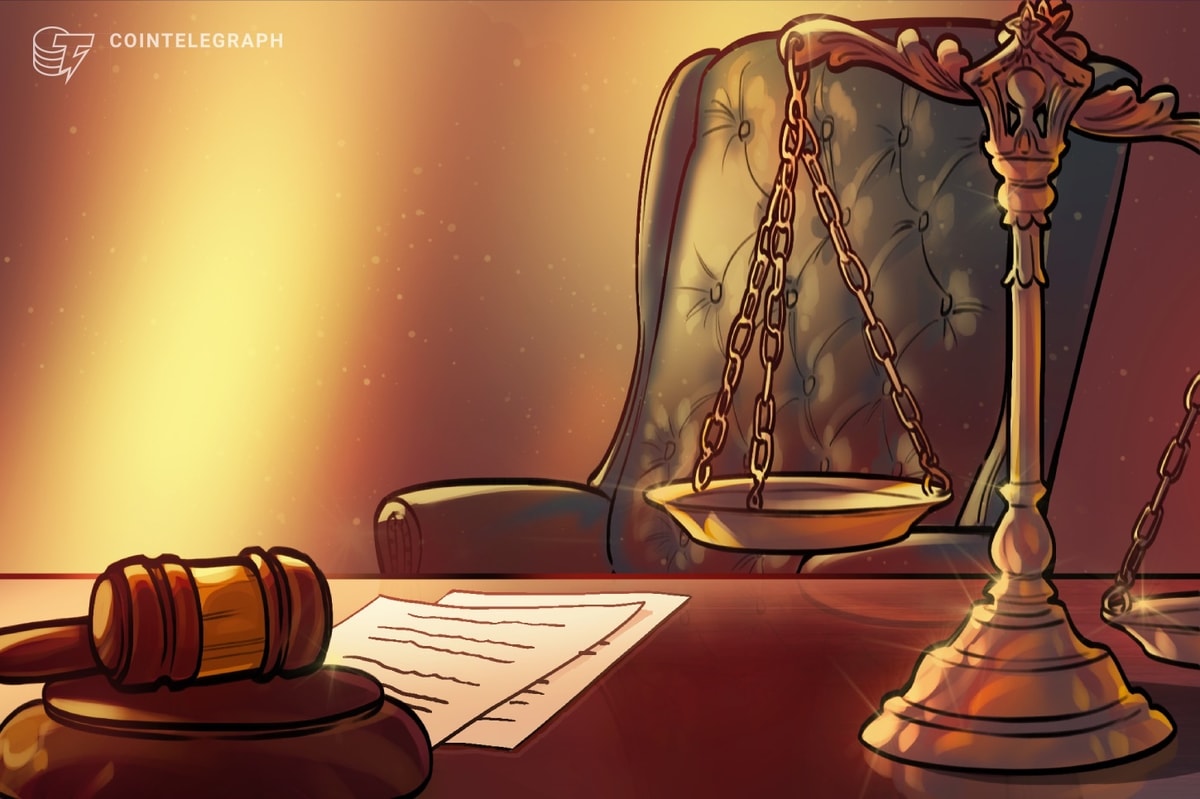Dating is hard, but blaming all men for your horrible choices is easy
A new New York Times piece, “The Trouble With Wanting Men,” by Jean Garnett, posits that the trouble with wanting men, is … men.
Like, all of them.
It’s part of a genre of man-hating thought pieces that turn hetero love and dating into an all-out gender war — and totally absolve women of any agency or responsibility in their relationships.
There’s no accountability or introspection, just the big diagnosis that men are the problem, from a woman who has decided to pursue open relationships, casual sex and situationships into middle age.
It’s a sad, sickly post-millennial take on “Sex and the City” that’s further evidence of just how bleak the modern romantic outlook really is.
The piece, which is mostly autobiographical sexual navel-gazing, argues that many women are experiencing “heterofatalism,” a term Garnett borrowed from UPenn academic Asa Seresin, which describes the way straight women are “fed up with the mating behavior of men.”
It’s a word that reeks of misandry. Garnett’s own heterofatalism manifests in lamenting with a female friend that they can’t just be gay with one another and declaring that “men are what is rotten in the state of straightness.”
It also rears its ugly head when she walks past a couple holding each other close outside a subway and audibly gags.
What has left this woman so hurt, so bitter, so … heterofatalistic?
Well, her dating past is colorful, to put it kindly.
Garnett reveals that her open marriage fell apart because she “fell in love with another man” — in fact, “toppled the whole structure of [her] life for a man” — who told her from the outset “that he did not know how to ‘do’ relationships.” Ah, yes, the classic.
Later, she reveals she sometimes brings her daughter along on dates with this man, who won’t commit to anything more than a sexual relationship.
She also recounts getting a text from an actual adult male who she went on a date with, reading, “I was really looking forward to seeing you again but I’m going through some intense anxiety today and need to lay low :(.”
Apparently, among her friend group, this is a common experience, and they laugh over brunch about “men’s inability to ‘man up and [expletive] us.’” Garnett asks, “Where were the men who could handle hard stuff? Like leaving the house for sex?”
She alludes to being a character in “Sex and the City” — but what about “He’s Just Not That Into You”?
Who are these men she speaks of? For all the complaints I’ve fielded from friends about their dating lives, men failing to show up for sex is not one.
Heterofatalism is just one of many academic terms Garnett cites. We also learn about complementary twoness, normative male alexithymia and emotional labor, among others.
The fancy words and citations allow her to hide behind an academic facade — and avoid analyzing whether her own choices are actually what’s making her so miserable.
In a rare glimpse of self-awareness, she writes: “I experience desire in terms of a struggle that someone must lose.”
But this is the problem. We’re not living out a gender war through our love lives.
What Garnett has figured out, consciously or not, is that framing the problem as an us-versus-them situation allows her to remove the “I” from the equation.
But, guess what, lady: A lot of your problems would probably subside if you stopped — by your own admission — throwing yourself at men in the first 30 minutes of knowing them. And pursuing ones who give you yellow lights. And indulging in the romantic deathtrap that is non-monogamy.
Stop blaming everyone else, straighten out your own life, and get a little agency.
There are a lot of troubles with modern dating — from hookup culture to situationships, dating apps to ghosting. Women’s struggles should be given a platform.
But outlets like the Times seem hellbent on amplifying the voices of the most bitter and dysfunctional individuals who bring their misery upon themselves and distract from the actual issues at hand.
Pieces like these bring us no closer to solving the issues that plague modern love. And they make readers want to shake the writer and say, “Get a grip.”
Is the problem all men? Or is the problem the way that some women choose to navigate relationships with men?
Read the full article here















